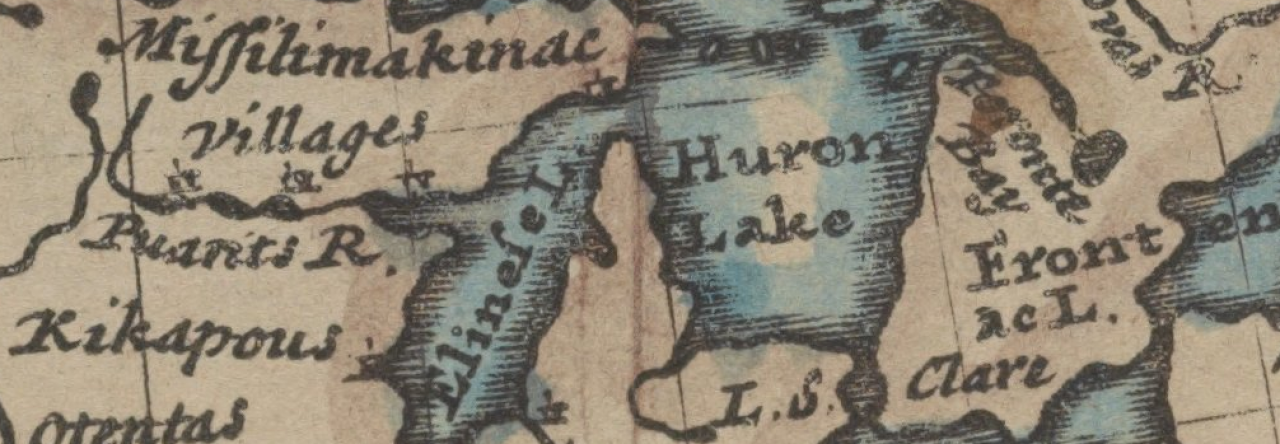I have used game based assessments with my students in the past and they are usually a big hit. Students are engaged and don’t realize the amount of learning going on because content is presented in a fun way. The assessments I’ve used are ones that I’ve found and I’ve never created my own before now. I was recently introduced to a program called Twine, an online tool used to tell non-linear stories, which means it can also be used to create “choose your own adventure” games. I will be creating such a game using Twine based on the American Revolution and today I’m going to discuss my plan. As I’m a new user of Twine, any help or feedback would be appreciated in the comment section below!
Topic: The overall topic, or semiotic domain, for my game is going to be the “Road to Revolution.” This includes the build up of events and ideas that led to the American Revolution. I plan to include various images and multimedia that represent aspects of the time leading up to the American Revolution.
Procedural Rhetoric: Players will take on the role of an American colonist and will encounter historical events and ideas throughout the game. They will be given choices on how to respond to each event/idea. Their decisions will take them on a path to become a Patriot or Loyalist.
I have yet to thoroughly explore the capabilities of Twine so I can’t offer specifics on how a player’s path will be formed, I’m not sure if Twine can keep track of the number of times a player selects a “Patriot” choice to determine the end result as Patriot or Loyalist, or if a player will need to keep track of the number of Patriot/Loyalist outcomes they receive to determine their final result. I look forward to figuring this out soon.
Internal Grammar: Players will be take the path of a Loyalist (someone loyal to Britain and does not wish for independence) or a Patriot (someone who wishes to break free from Britain). They will also be exposed to a number of historical events such as: The Stamp Act, Townsend Acts, The Boston Massacre, The Boston Tea Party, Lexington & Concord, etc. These events will have been discussed in class before the game and players should have a basic understanding of each event.
External Grammar: Each of the events/ideas that players will be exposed to have different perspectives and American colonists responded to events differently. For example, players will witness the Boston Massacre and will have to share who they think is to blame. Patriots will blame the British soldiers as the aggressors, and Loyalists will blame the crowd of people for starting the conflict. Another example is players will have to choose how to respond to the taxes on tea. They can choose to continue to purchase tea (a Loyalist decision) or to boycott the purchase of tea (a Patriot decision).
Assessment Plan: As students progress throughout the game and make decisions to determine their outcome of Patriot or Loyalist, they will need to understand how their choices impact their result. At the end of the game, I will have students provide a written explanation of why they ended up with their result. They will need to cite specific events and how their choices relate to either the Patriot or Loyalist perspectives.
If students are unable to identify the relationship between their choices and their assigned outcome, this will show me that I need to re-teach this topic. I will also gain a sense of which events students do and do not understand and can spend time reviewing any events I notice are misunderstood.
Assessment Design Checklist: To see how this game assessment plan holds up to my Assessment Design Checklist, I’ve taken the questions from my checklist and answered them below.
- Does the content of the assessment align with the desired learning? Was the assessment created with the end in mind?
- Yes, the content in this assessment aligns with my 8th Grade Social Studies teaching standards for Michigan.
- Are students assessed on understanding over knowledge?
- Students will not only need to understand the events presented in the game, but they will need to know how their choice impacts their result.
- Is the assessment content meaningful to students? Do students understand the importance of the content?
- I plan to communicate the importance of this game assessment before students participate. Also, I plan to have students complete this game after they’ve already learned about the events that led to the American Revolution. This should make the game more meaningful to students.
- Does the assessment offer timely and meaningful feedback to students?
- Students will be able to see their result of a Patriot or Loyalist as soon as the game is complete.
- Is the student involved in the feedback process?
- Students will provide feedback as to why they ended up with their result. I could also consider having students provide feedback regarding if they believe their outcome was or was not appropriate based on their choices.
All in all, I’m looking forward to further exploring Twine to get my game assessment started!
